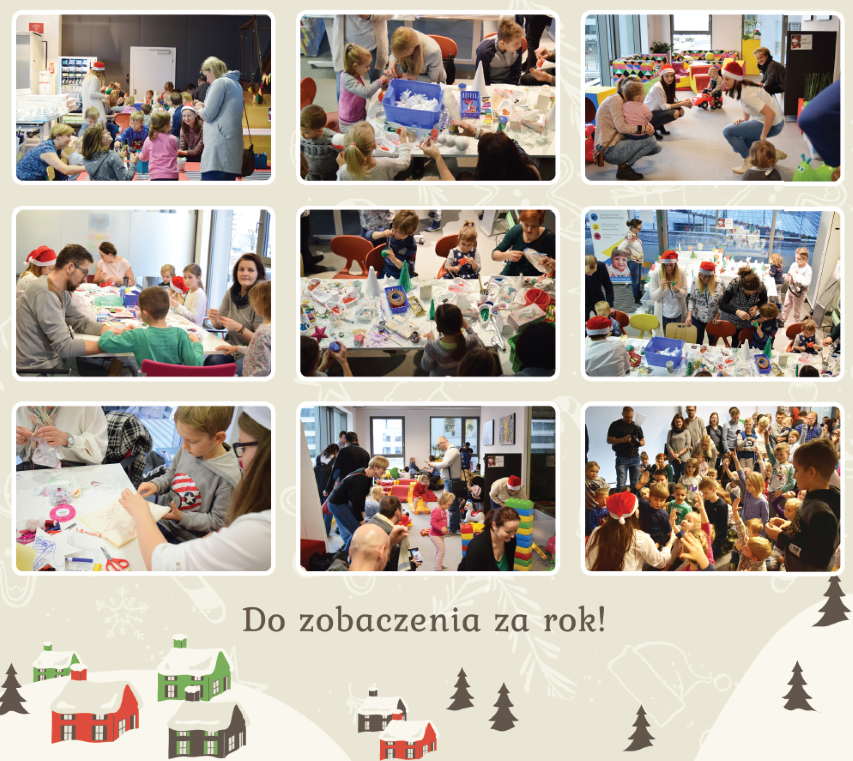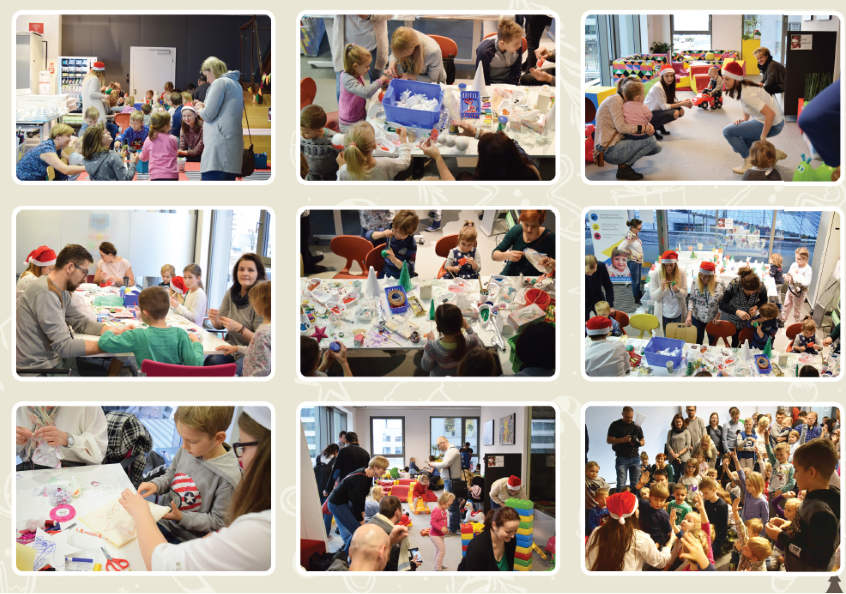Olivia talks: we are talking to Bogusław Wieczorek about Jagiellonian Club and about how formulating conclusions and recommendations in a restrained and substantive way – in the form of debates or scientific and journalistic publications – can lead to the change of legal, political or economic reality.
–/–
On the verge of new year, our thoughts revolve around planning many issues and subjects concerning future, including continuous development of a place, in which Olivia is active, as well as our whole region – Pomerania. Taking into account crucial importance of the role, which exchange of thoughts, ideas and experiences play in terms of such a development, we would like to present you the organiser of periodic meetings, which are held in Olivia Sky Club. Jagiellonian Club, the matter at hand, profoundly analyses subjects, which are important not only for Gdańsk, but also for the developing Metropolis. Olivia Business Centre supports such initiatives and tries to connect people, who want to change their environment and recommend areas of active presence for local governments and politicians.
We would like to encourage you to read a conversation with Bogusław Wieczorek – a legal counsel in Olivia Business Centre; coordinator of Jagiellonian Club in Gdańsk and an expert in the Club’s Analysis Centre; the author of a blog about intellectual property, which is frequently quoted in media; initiator of importing to Poland the copyrights to “The Red Poppies on Monte Cassino”; co-author of the report about collective copyrights management organizations.
–/–
Monika Bogdanowicz (Communication Olivia Business Centre): How and when did your adventure with Jagiellonian Club start and what motivated you to undertake such a social activity?
Bogusław Wieczorek: I have been engaged in non-governmental initiatives for a long time, especially the ones, which are connected with the development of civil society. In this way, I got to know the environment of Jagiellonian Club – when its activity was concentrated in Cracow. When they decided to create a branch in Gdańsk, in a natural way I was the first contact on site. It happened that I could also devote my time for voluntary activity. Taking into account the fact that Club’s ideas are close to my heart, I decided to coordinate branch’s activity in Tri-City.
MB: Is it possible today to realistically change the world around us by organising debates, which focus on important subjects concerning government policy in different thematic areas?
BW: Some days ago, Krzysztof Mazur, PhD, the President of Jagiellonian Club, published an article entitled “41 reasons to be proud”, which summarised Club’s activity in the previous year. I think that it can be treated as 41 different answers to this question. Among other points, you can find the examples which indicate that formulating conclusions and recommendations in a restrained and substantive way – whether in the form of debates or scientific and journalistic publications – can lead to the change of legal, political or economic reality. In any case, this is our premise – not only discussion circle, but also concrete conclusions and real activities. A debate is supposed to be a starting point.
Of course, a substantial part of Club’s recommendations remains only recommendations, but at the same time think-tanks role is not to implement them, but to express opinions in discussions. The last word always belongs to decision-makers. However, it would be great, if making a decision was preceded by getting familiar with different opinions and considering each of them. And it would be ideal, if it happened in a transparent way.
Read the whole article by Krzysztof Mazur, PhD: http://www.jagiellonski24.pl/2018/01/07/41-powodow-do-dumy/
MB: Which main projects do you implement as an association on a national level?
BW: Apart from periodic publications of expert reports and above-mentioned discussion meetings, it is crucial for Club’s activity to publish “Pressje” idea’s quarterly and maintain Jagiellonski24.pl journalistic portal, develop the academy of Modern Patriotism – a programme for secondary school students and develop Pola app, which supports consumer patriotism. Each of these projects is addressed to different recipients, but I have no doubts that each of them is an important reference point in their category.
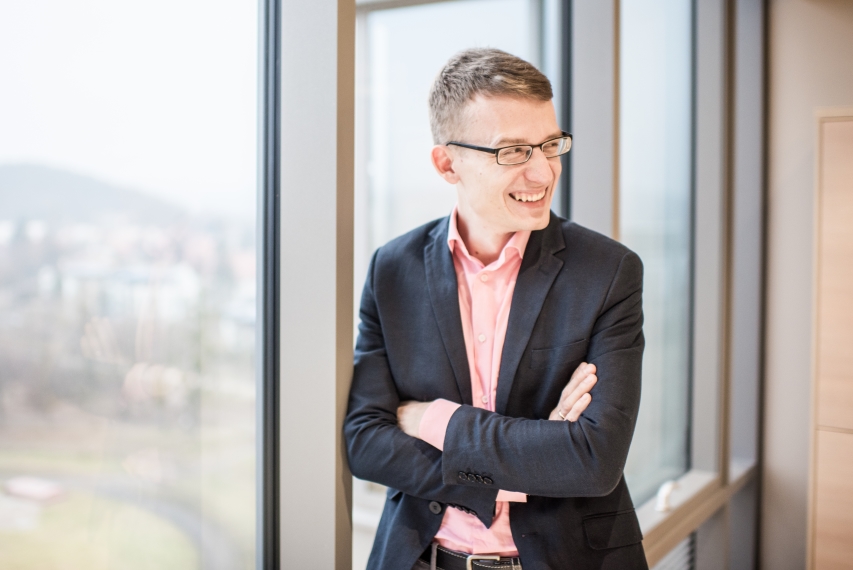
photo: Bogusław Wieczorek (author: Joanna „Frota” Kurkowska)
MB: What is the main goal of Jagiellonian Club’s activity in Pomerania region and why did you choose Olivia Business Centre for your place of activity?
BW: One of the subjects discussed by Jagiellonian Club is deglomeration, which, in Polish reality, comes down to “dispersing Warsaw”. Unfortunately, the lion’s share of politics and media is conducted from the perspective of our capital city, what leads to a natural distortion of the image, in which – for example – gridlocked Jerusalem Avenue becomes a nationwide problem. There is only one solution – some of national institutions have to be transferred to other centres, which also have enough resources to run them. Technological development has actually removed the barriers of distance, what in the past could be an argument in favour of placing national authorities in geographically non-distant regions. It works similarly in the case of all other organisations, which have ambitions to analyse and describe the reality of the whole Poland, including Jagiellonian Club. From the perspective of Gdańsk, the issues concerning political-economic relationships with Scandinavia or building Central Harbour gain additional dimension. Jagiellonian Club organised discussions on such subjects in Gdańsk – thanks to Olivia Business Centre’s hospitality. Thanks to that, we could benefit from additional perspective, that is a beautiful view of the Harbour and Gdańsk Bay from Olivia Sky Club.
Branch’s activity is obviously the “extension” of nationwide activity, but it is equally important for us to touch upon local and regional issues. That is why, issues concerning Tri-City metropolis are essential for us – we touched upon them from a purely practical perspective, such as the organisation of public transport within its frames, but also political-economic perspective – discussing opportunities and the need to distinct Gdańsk Metropolis as an independent self-government organism. From this perspective, the actual presence in new centre of metropolis, where the biggest investments and science concentrate, represents the added value of our meetings.
MB: Why is it worth participating in the meetings organised by Gdańsk branch of Jagiellonian Club and what benefits can we derive from such a participation?
BW: And why is it worth participating in any meetings concerning surrounding reality? I think that everyone who is interested in politics, understood as taking care of common good, should make use of the opportunity to express their opinions and get to know opinions of other people. Our meetings are supposed to serve this purpose. Jagiellonian Club, according to its policy, doesn’t get engaged in the activities of any party. We also do our best to make our meetings positively distinguished from emotional and aggressive discourse, which is present in media. In this way, we want to get discussion back on the right track of reality and substantive side. If such a way of holding conversation is close to somebody’s heart, then he or she will surely feel good during our events, even if the conservative character of Jagiellonian Club does not reflect his or her world view.
Of course, we invite everyone who would like to get involved in Club’s activity – as experts or organisers. The cross-section of our projects is so broad that everyone will find something interesting for themselves, regardless of their age and experience.
MB: New year is always the time of new opening and new plans. What are you preparing within the scope of the series of meetings and events signed by Jagiellonian Club, which topics are you going to analyse, discuss or debate upon in 2018?
BW: We are opening the new year with a “hot” meeting, which concerns digitisation of the country and economy. This week, outgoing Minister of Digitisation, Anna Streżyńska, lost her position and at the same time, the ministry published its first report concerning digitisation of Poland. If we add a civilizational trend connected with the development of artificial intelligence and try to locate there Poland today, with the above-mentioned need for deglomeration, it is getting really interesting. I will be talking about it, among other things, with Natalia Hatalska (the author of hatalska.com blog and bestselling book entitled “Cząstki przyciągania” from the institute for future studies – infuture hatalska foresight institute; who is recognised as one of 50 most influential women in Poland), Cezary Kościelniak, PhD (head of the political office of the Minister of Digitisation) and Rafał Kleger-Rudomin (who leads the group called Koduj dla Polski – Trójmiasto [Code for Poland – Tri-City]).
The meeting will be held already on 11 of January (Thursday) at 5:00 pm in Olivia Sky Club.
Shortly afterwards, we will surely organise a debate around transport, especially plans concerning Via Carpatia and its influence on Gdańsk Metropolis. In the first half of 2018, we will take a closer look at Solidarity and the topicality of its ethos. We will keep you updated when it comes to subsequent meetings on our Facebook profile and via e-mails. I encourage persons, who want to stay informed, to “like” our Facebook profile or send me their e-mail addresses so that I can add them to our mailing list.
https://www.facebook.com/KJGdansk/
mailto:kontakt@boguslawwieczorek.pl
Soon, we will also encourage – mainly students – to participate in expert seminars. Each of them will be devoted to different issues and will be led by specialists in their fields. Since the biggest value of the Club is the fact that it gathers people who professionally and scientifically deal with various issues. Thanks to that, Club’s offer, as an organisation, can be really broad when it comes to its substantive side. This is what 2018 will look like for Jagiellonian Club in Gdańsk.
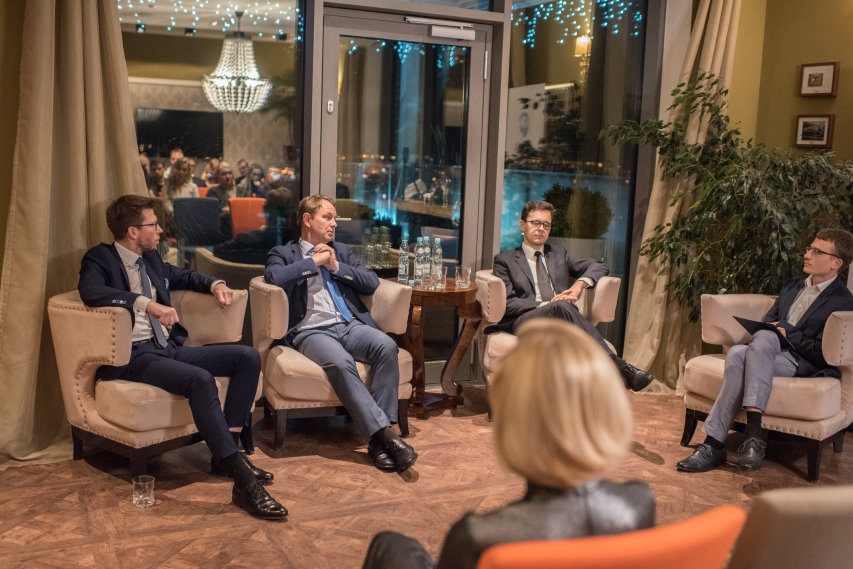
photo: Jagiellonian Club’s debate in Olivia Sky Club on the future of Pomeranian metropolis (author: Joanna „Frota” Kurkowska)
MB: If your ideas are important for someone, how can he or she support your organisation in development?
BW: Most of all, you can support us with your active involvement. I encourage all volunteers to contact us. I also encourage to participate actively in our events and to support the initiatives you identify with. Civic life can’t be limited solely to a ballot box.
Undoubtedly, financial independence should be important for every non-governmental organisation. People who are interested in the subject should know the disease called “grantosis”, from which many non-governmental organisations suffer. The disease may, after settlement of grants and subsidies for a certain project, lead at least to organisation’s collapse. There is only one cure – regular support from well-wishers. That is why, I encourage you to make payments – even small ones – to Club’s account: 32 2130 0004 2001 0404 9144 0004 (title: “donation for statutory objectives”). Soon, we will be also completing tax return forms, I encourage you to consider, whether you could allocate your 1% to Jagiellonian Club (National Court Register: 0000128315).
MB: Thank you for sharing your experience in creating organisation, which has ambitions to influence our environment and reality, in which we function.
BW: Feel free to contact us and see you during meetings and debates in Olivia!
–/ —
Jagiellonian Club – Polish association and social-political think tank with conservative and republican character, set up in 1989 in Cracow. The Club’s goal is to preserve and spread republican way of thinking about Poland and the world. The organisation was set up just after the Round Table Talks and it acquired legal personality in 1994. Currently, the Club is a nationwide organisation, which conducts educational, expert, journalistic activity and implements many civic political initiatives. It gathers mainly experts, social activists and publicists from young generation with republican, ordoliberal and conservative views. In its activity, the Club refers to the heritage of the 1st and 2nd Republic of Poland, “Solidarity” movement, as well as Christian philosophy and thought. According to the Preamble of Association’s Statute, the mission of Jagiellonian Club is to act for good and benefit of the Republic of Poland, as well as to multiply spiritual, intellectual and political heritage of Poland through the care of common welfare, justice, responsibility, resourcefulness and respect to tradition and religion. Expert activity within the scope of Jagiellonian Club’s Analysis Centre is led in a spirit of respect to four fundamental values: freedom, ownership, community and tradition.

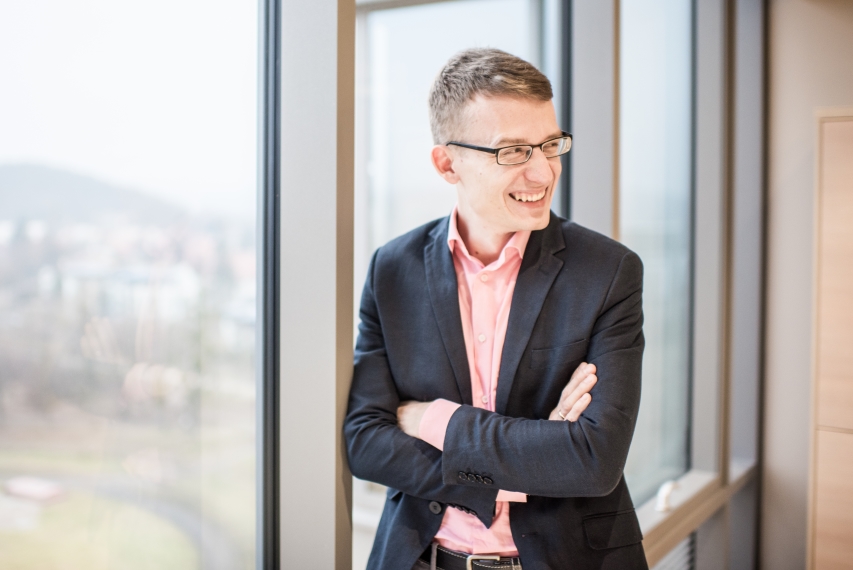
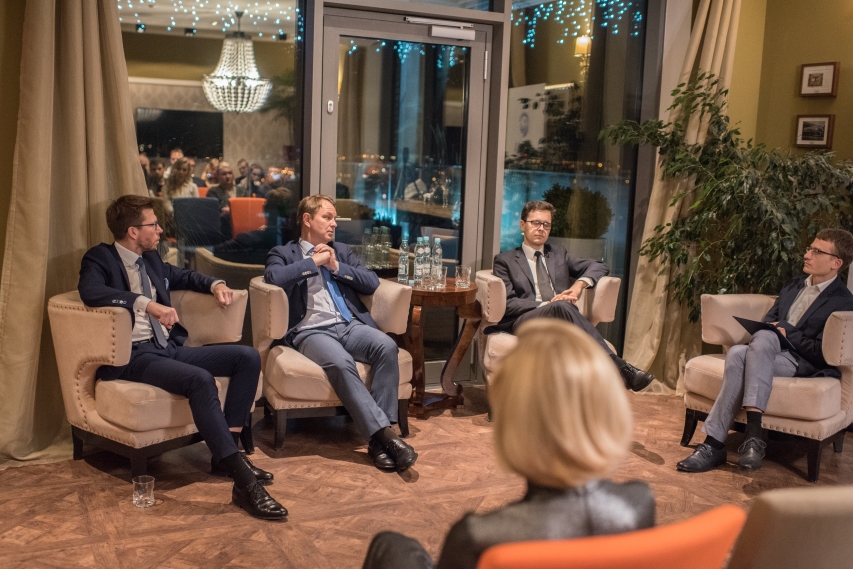


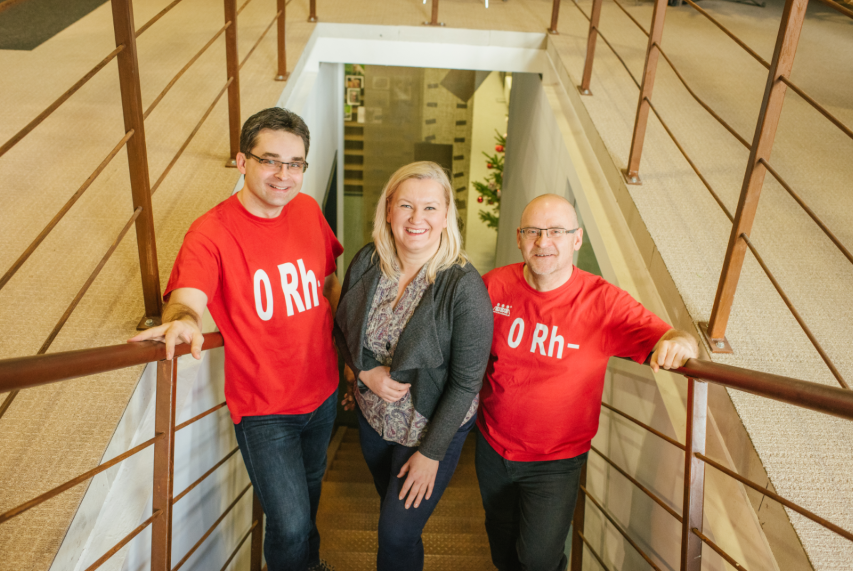

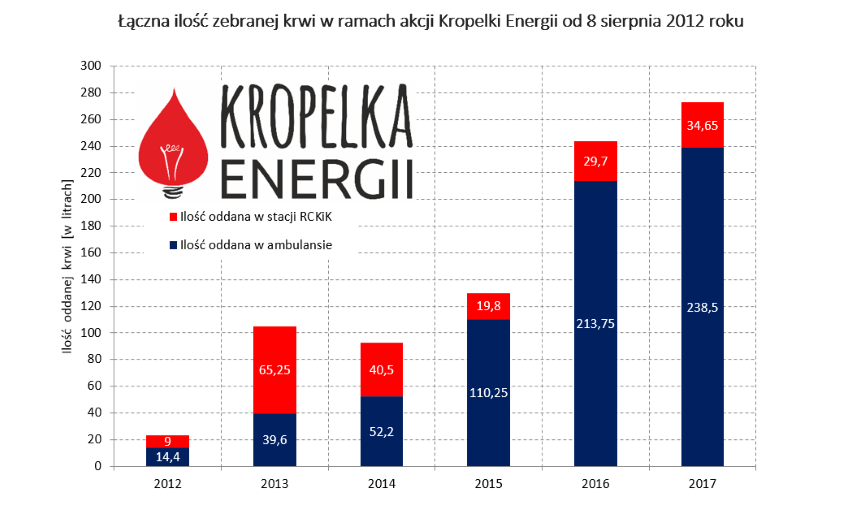



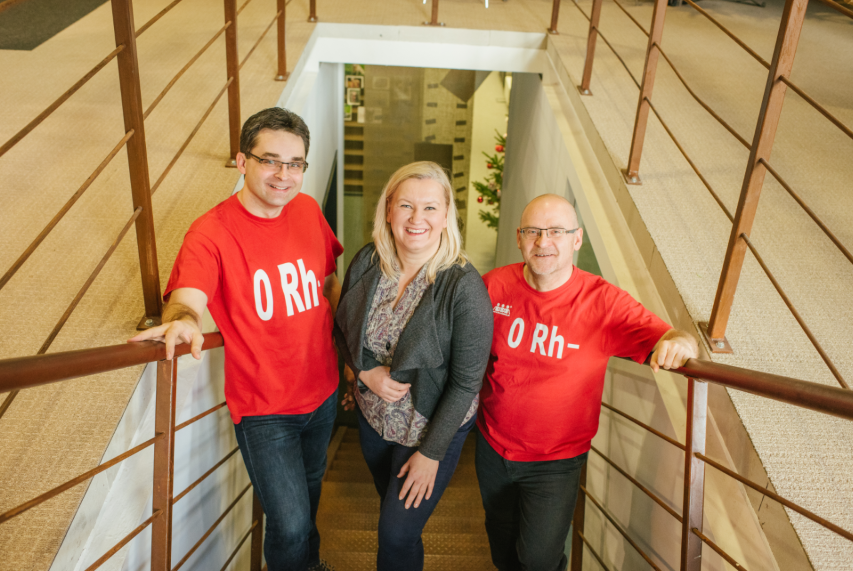

 Jury’s comments:
Jury’s comments: Jury’s comments:
Jury’s comments: Jury’s comments:
Jury’s comments: